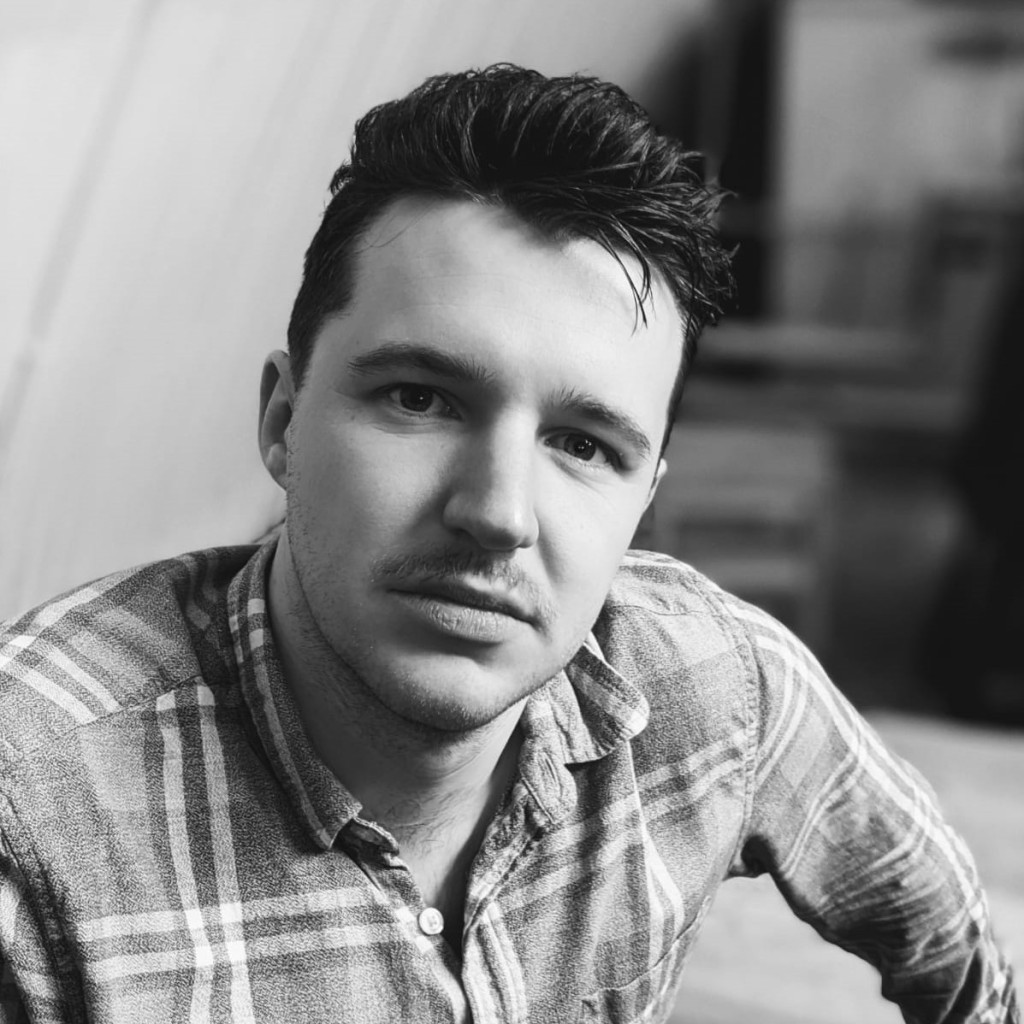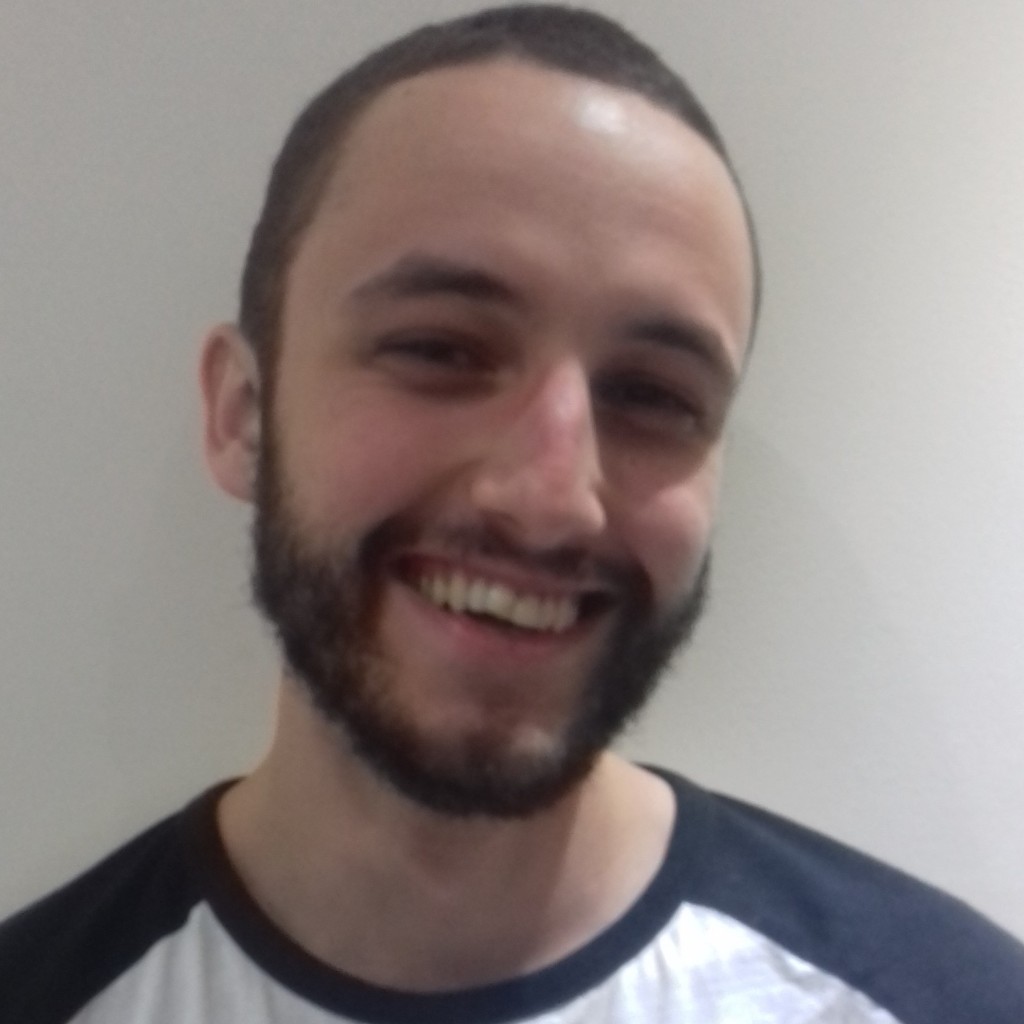Dr Peter Gilhooly-Finn

After receiving his MChem from the University of East Anglia (UEA) in 2015, Peter went onto work at Cambridge Display Technology (CDT) for 2 years on new OLED technology in the white materials lighting team. In 2017 started his PhD studies at Queen Mary University of London (QMUL) under the supervision of Christian Nielsen where he worked on understanding the structure-function relationships in organic electronic materials for thermoelectric applications.
Peter is currently working in Bob Schroeder’s group at University College London (UCL) as a Post Doc and is focusing on introducing self-healing into organic semiconductors for wearable technology.
Dr Lewis Cowen

After receiving his MChem in chemistry from the University of Huddersfield, Lewis joined UCL to conduct his PhD studies are centred around the development of high-performing pi-conjugated polymers with an emphasis on materials which can be used as the n-type semiconducting component in thermoelectric devices.
Currently Lewis is working on the development of self-healing organic semiconductors and their incorporation into skin wearable devices.